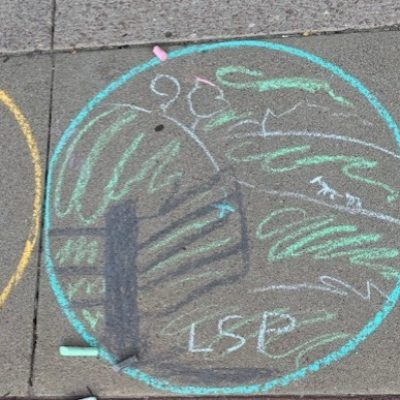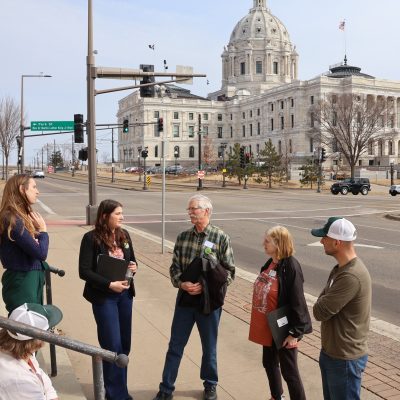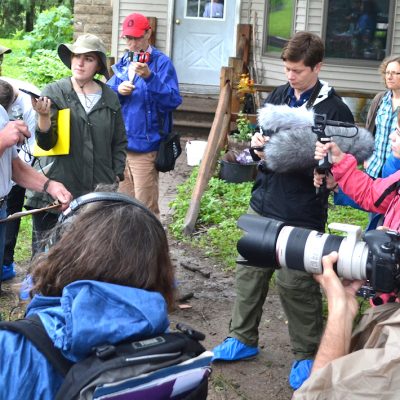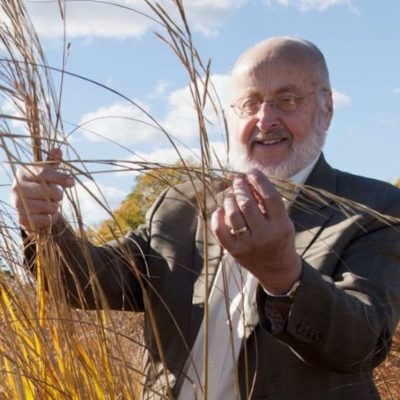A Graphic View of Diversity’s Power
A picture may be worth a thousand words, but a good infographic can be the equivalent of thousands of pounds of soil. That thought occurred to me recently while viewing the cool illustration below. Produced by scientists who are studying the effects of adding some targeted diversity to row-cropped fields in central Iowa, it tells… Read More →



